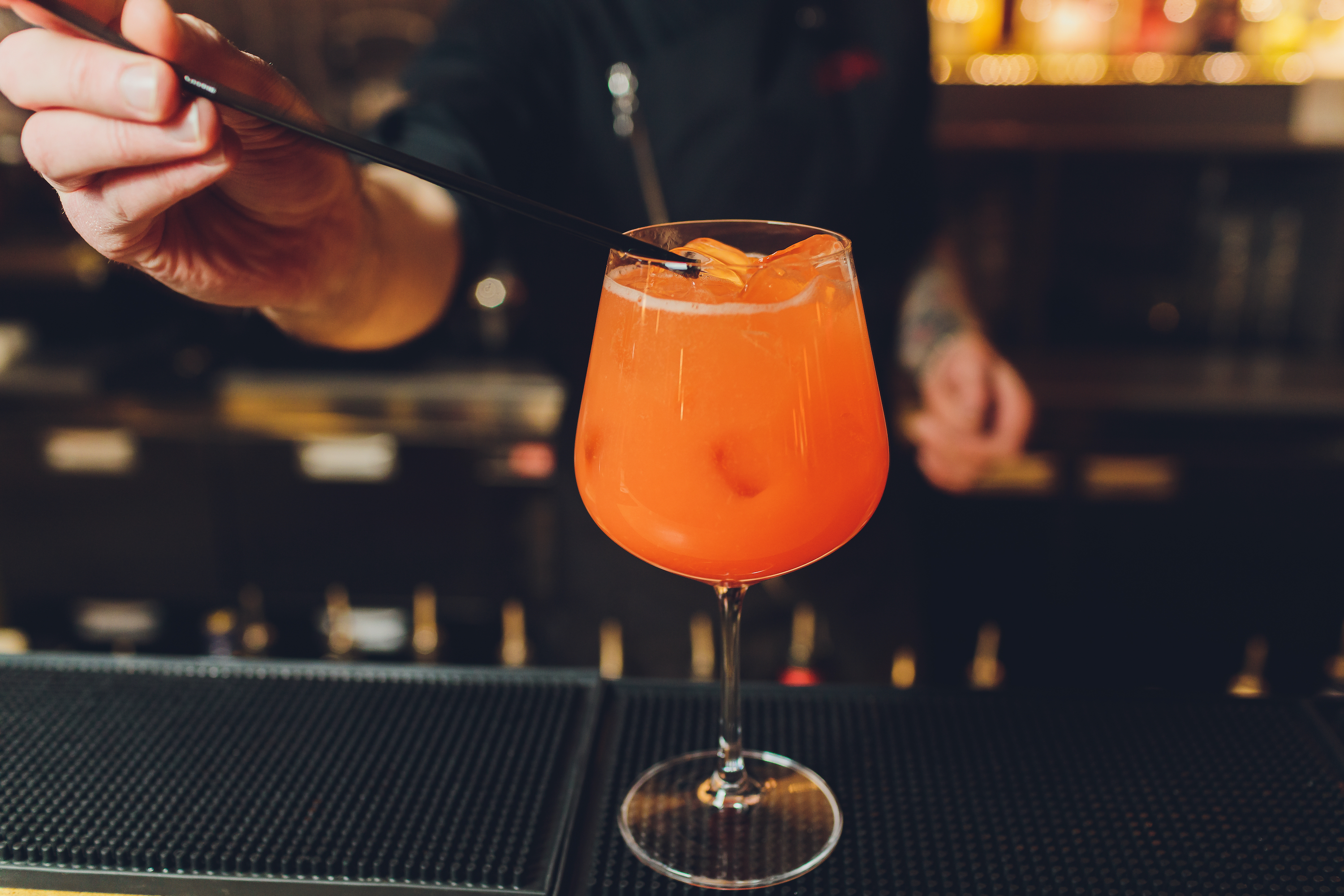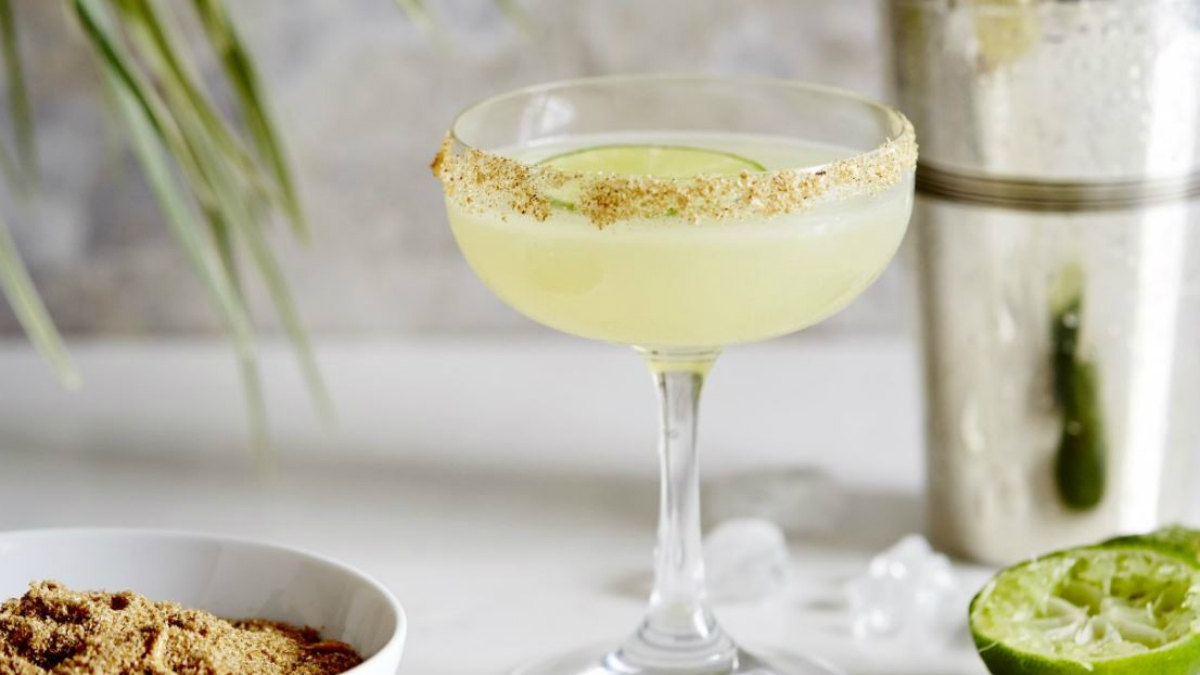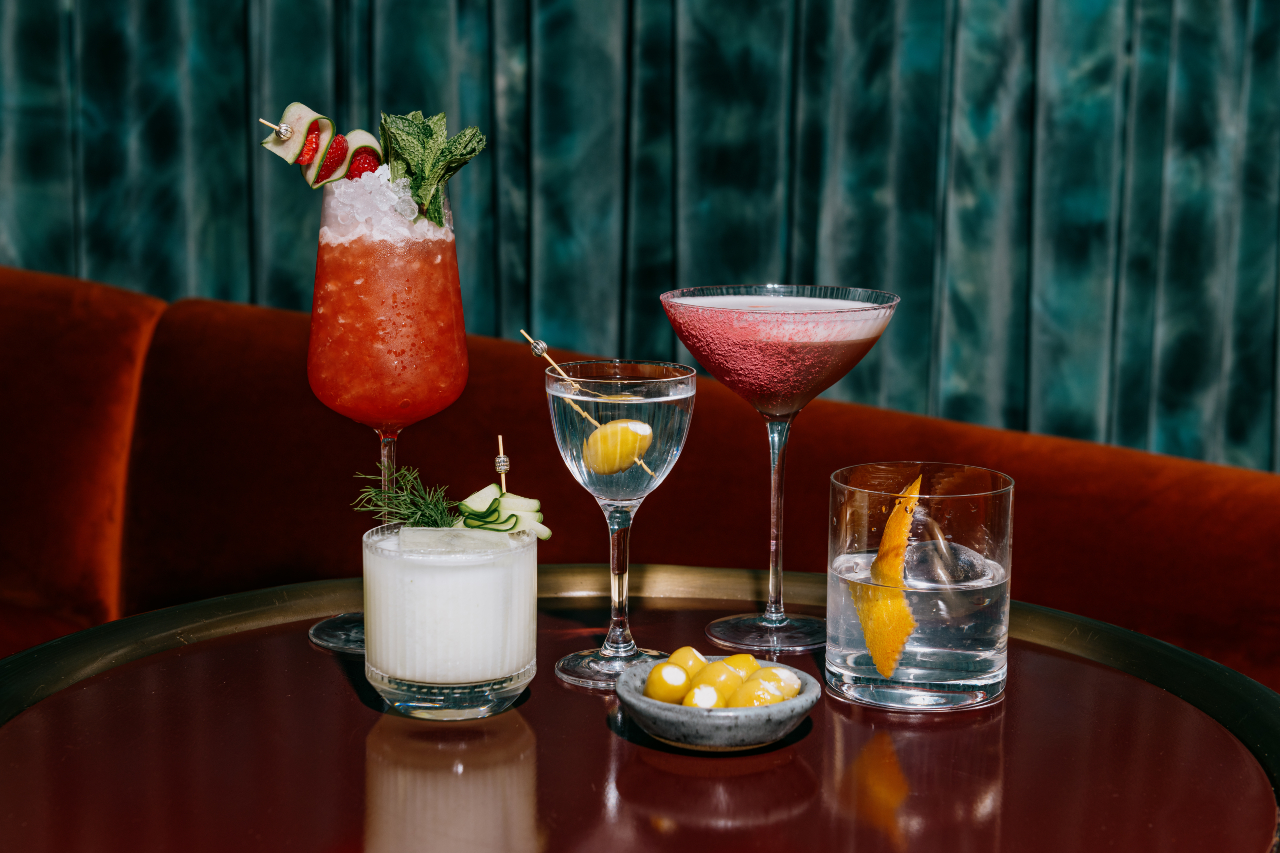We all love a good cocktail. Learning how to craft the perfect drink is arguably one of the most important skills one can master as a good host. For if you’ve accomplished this, you’ve given yourself the keys to a plethora of social possibilities. Transform a dreary party into a lively soiree with a few rattles of that cocktail shaker. Seduce a date with your Bond-like martini skills. Help a friend decompress after a hard day by making him a hell of an old fashioned, the most comforting of all cocktails.
It turns out that it’s not just mastering the art of mixology that’s key, but also knowing your alcohol. A poor-quality bottle of liquor is going to ruin not only the drink you’ve so sexily shaken, but also the mood you’re trying to create.
We’ve asked some of the country’s most skilled and knowledgeable cocktail drinks experts about this issue and why the quality of alcohol you’re pouring into your cocktails matters. Here’s what they had to say.
How much does quality matter?

The short answer is that quality is always important. This is the case with absolutely everything in life, and alcohol is certainly no exception. In fact, alcohol quality is especially important when you take hangovers into account. As we’ll recall from our younger days, the cheaper the liquor, the worse the hangover. There are a few factors that go into this, but it’s largely due to the distillation processes used in the creation of the spirit. Generally, a higher-quality, more expensive brand will put more care and work into this step than lower-quality brands. A more distilled, high-quality spirit will make for a much happier body in the morning. But what about taste?
Kursten Berry, owner of the tremendously popular and highly acclaimed Twisted Soul Cookhouse and Pours in Atlanta, tells us, “Quality matters depending on what kind of drink you are making. For example, if you are making a cocktail with many ingredients, you are somewhat masking the flavor profile of the base spirit. On the contrary, if you are making a cocktail that is more simplified, such as an old-fashioned, martini, or daiquiri, I would suggest using a base spirit that is of higher quality, as these simple cocktails are more spirit-forward, and the flavor profile of it will be more pronounced.”
How much can poor-quality alcohol affect a mixed drink? Does it differ depending on the type of cocktail?

“Mixed drinks made from poor-quality alcohol often have harsh alcoholic notes that can ruin a drink,” says Timo Torner, founder of The Cocktail Society. “To cover the alcoholic bite, cocktail recipes often include a combination of citrus juice and simple syrup. Recipes that don’t contain syrups and juices are more prone to being affected by spirit quality.”
As with any recipe, be it food or beverage, the more ingredients you have to use to hide a cheap one, the easier it will be to mask. However, no amount of cocktail mixers or simple syrups can camouflage that unpleasantly astringent bite that comes from poor-quality liquor.
Kevin Denton, Pernod Ricard Head of Mixology and Education, eloquently told us, “A poor-quality ingredient can ruin a cocktail. It’s better to omit a poor ingredient (or make a different cocktail altogether) than try to ‘make it work.’ Making a drink for you and your friends and family is like giving them a little present — be kind!”
Are there expensive products that shouldn’t be used in mixed drinks? If so, where is the line?

“Quality is everything. Just because it’s expensive doesn’t make it ‘quality,’ and just because it’s inexpensive doesn’t mean it’s poor quality,” says Denton. People often don’t realize the disconnect there. Of course, higher-priced spirits will usually be of better quality, but that certainly doesn’t mean you can’t find affordable and excellent options.
Furthermore, choosing a more expensive option solely for its higher price tag is often a mistake. Torner says, “Spending more on a bottle can (but doesn’t have to) pay off. In many cases, the product matured longer and thus has a richer, more complex, and balanced taste.” In the case of tequila, for example, a blanco is generally the lowest-priced option in the line. It’s also the best choice for a bright, zippy flavor if you’re looking for a fresh and clean margarita. A more aged variety, such as a pricier anejo, would taste very different than what you had in mind.
Still, it’s good to have a general idea about which bottles are for enjoying neat and which are for mixing. As Torner advises, “A rough guideline would be around $100. Anything more expensive, I typically don’t use in cocktails or highballs.”
Are there misconceptions people have about the alcohol they use in mixed drinks?

Interestingly, of all the experts we spoke with, everyone felt that the most common misconception about alcohol in mixed drinks is that more expensive liquor equals better liquor. In many instances, a less expensive bottle will actually make for a better cocktail. Because cocktails are so diverse, it’s more important to find a quality (but not necessarily expensive) liquor that matches the flavor profile of the drink you’re creating.
Jason Asher, vice president of beverage, Grey Hen Rx, UnderTow, and Platform 18, Phoenix, said, “I’d like to emphasize that just because something is more expensive doesn’t necessarily mean it’s a better product. There are examples of brands that exist out there that a lot of marketing dollars have been put behind them, and they may be more expensive than their competitive set yet are comparable to quality. On the flip side, there are also products/brands that exist that may be incredibly tasty with less brand recognition and are less expensive or more easily accessible to purchase that are great options for neat pours and cocktails. I find that example of this in tequila, rum, and bourbon.”
The key is to know your flavors and what you enjoy drinking. The challenge is to be simultaneously open-minded about not-quite-top-shelf bottles while maintaining a healthy distance from the migraine-inducing swill. In our opinion, the best way to do this is to get out there and taste all of those bottles you’ve been dying to try. If you haven’t yet, learn how to mix up a classic cocktail or two. It’s a tough job, we know, but we think you’ll make it.



